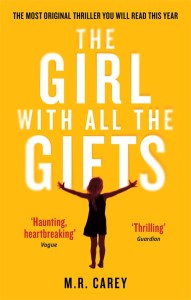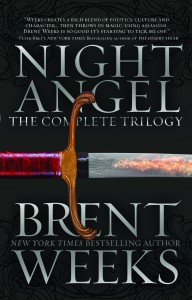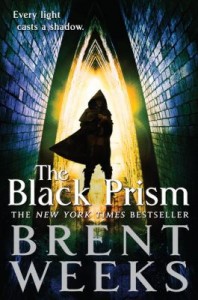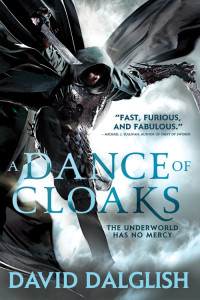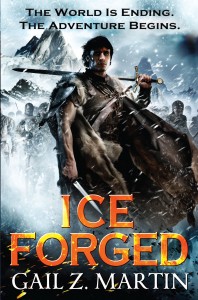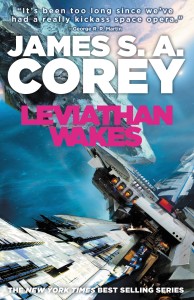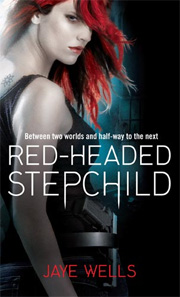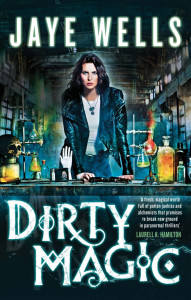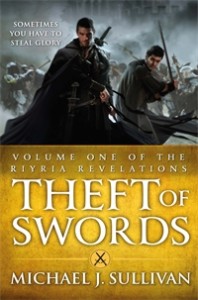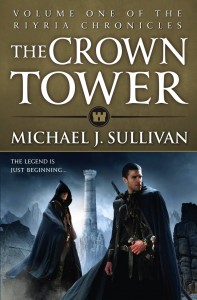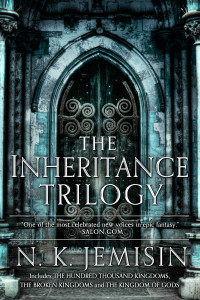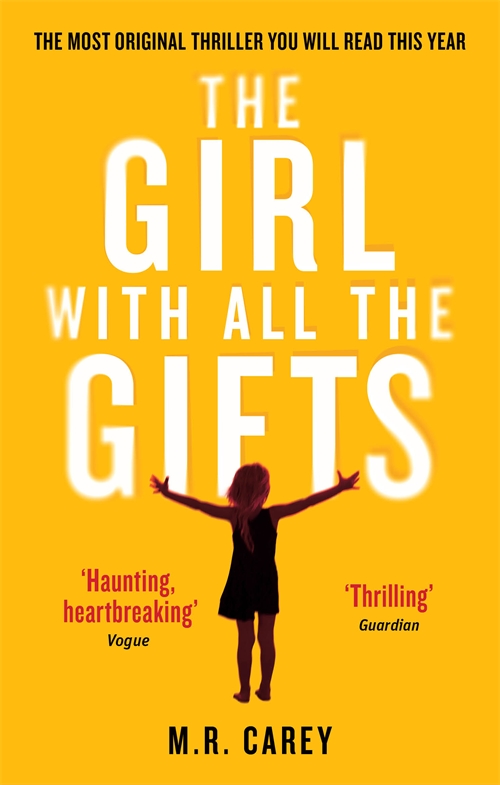THE GIRL WITH ALL THE GIFTS releases today in the US in hardcover, and will be out in paperback in the UK next week in (June 19th). Read the first ten chapters on Facebook or listen to a sample from the audiobook.
We know you’ll be hooked by Melanie’s heart-stopping story. M.R. Carey joins us today to tell you more about that journey.
…
I don’t know why I ended up writing a road movie. I almost never watch them.
I’ll make some exceptions to that blanket statement. I love Sideways. And Midnight Run. And if we’re counting yellow brick road movies, The Wizard of Oz is pretty damn cool.
It’s just that I’ve seen so many features where changing the scenery stands in for any kind of thought-through development in either the characters or the plot. Stories where it really is just one damn thing after another, episodes piled on episodes until you get to a slightly bigger episode that you realise (after the credits roll) must have been the climax.
If you’re still with me, you’re probably already compiling your own mental list of great road movies. “Hey, fool, you forgot O Brother Where Art Thou, Easy Rider, Wild At Heart…” And yeah, I did. For the sake of my argument, I’m willing to overlook a certain amount of inconvenient evidence.
Can we agree on one thing? When you take a story that depends on a fixed setting and works well within that setting, and for no reason other than variety being the spice of life you wilfully take it out on the road, you’re flirting with disaster. The very phrase “jumping the shark”, after all, comes from that terrible Happy Days episode where the whole gang goes off to Los Angeles and hangs out on a beach.
A long while back I read an essay by the French media guru Roland Barthes in which he talked about the appeal of utopias in fiction. Barthes claimed that most utopias are finite, enclosed spaces – “idealised caves” – that satisfy our need for security by providing an environment where stability is absolute and guaranteed. He made it clear, though, that this enclosure didn’t have to be a physical thing. The classic sit-com, he argued, is utopian because it presents situations and relationships that are entirely resistant to change. One of his favourite examples of a utopian world was that of the Carry On movies, the mildly smutty British comedies of the 60s and 70s in which a cast of beloved character actors would mount a series of gag sketches in a historical setting, effectively playing the same roles no matter whether we were in Cleopatra’s Egypt, the Khyber Pass or the London of Jack the Ripper. (more…)


